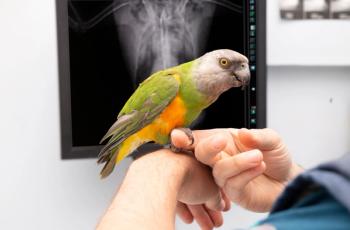
3 Must-reads on veterinary orthopedics
Fine tune your knowledge on veterinary orthopedics with these 3 informative articles.
Though orthopedic issues can be painful, according to the American Kennel Club (AKC), the early detection of these concerns along with adopting a proactive approach can likely help facilitate a successful outcome.1 To help veterinary professionals better detect and manage patients with these conditions, we selected a variety of content including strategies for identifying orthopedic issues and helping patients recover from them.
From why surgeons and rehab teams should work together to pointers on performing a thorough orthopedic exam—there's something for everyone. Happy reading!
Read this before performing your next veterinary orthopedic exam : From remembering neuropathic pain to being mindful that cat patients are different, discover these tips and tricks for performing orthopedic exams.Orthopedic outcomes improve when veterinary surgeons and rehab teams collaborate : A surgeon and rehabilitation specialist reveal why communication between the 2 entities leads to optimal patient outcomes.Tips and tricks for performing an orthopedic exam : David Dycus, DVM, MS, CCRP, DACVS-SA, offers invaluable advice on performing a gait evaluation and orthopedic exam, plus shares the importance of incorporating both during wellness visits.
Reference
- Grognet J. Orthopedic problems in dogs. American Kennel Club. August 1, 2021. Accessed October 1, 2021. https://www.akc.org/expert-advice/health/orthopedic-problems-in-dogs/
Newsletter
From exam room tips to practice management insights, get trusted veterinary news delivered straight to your inbox—subscribe to dvm360.




